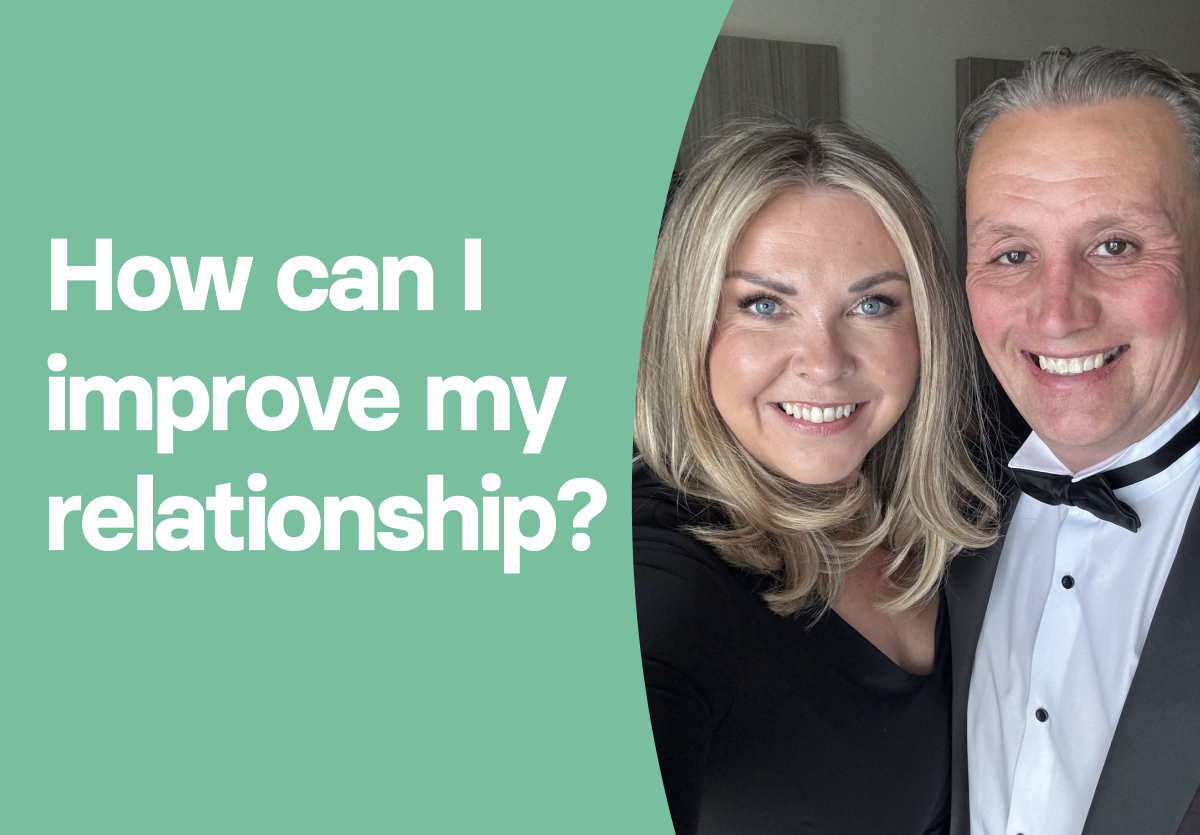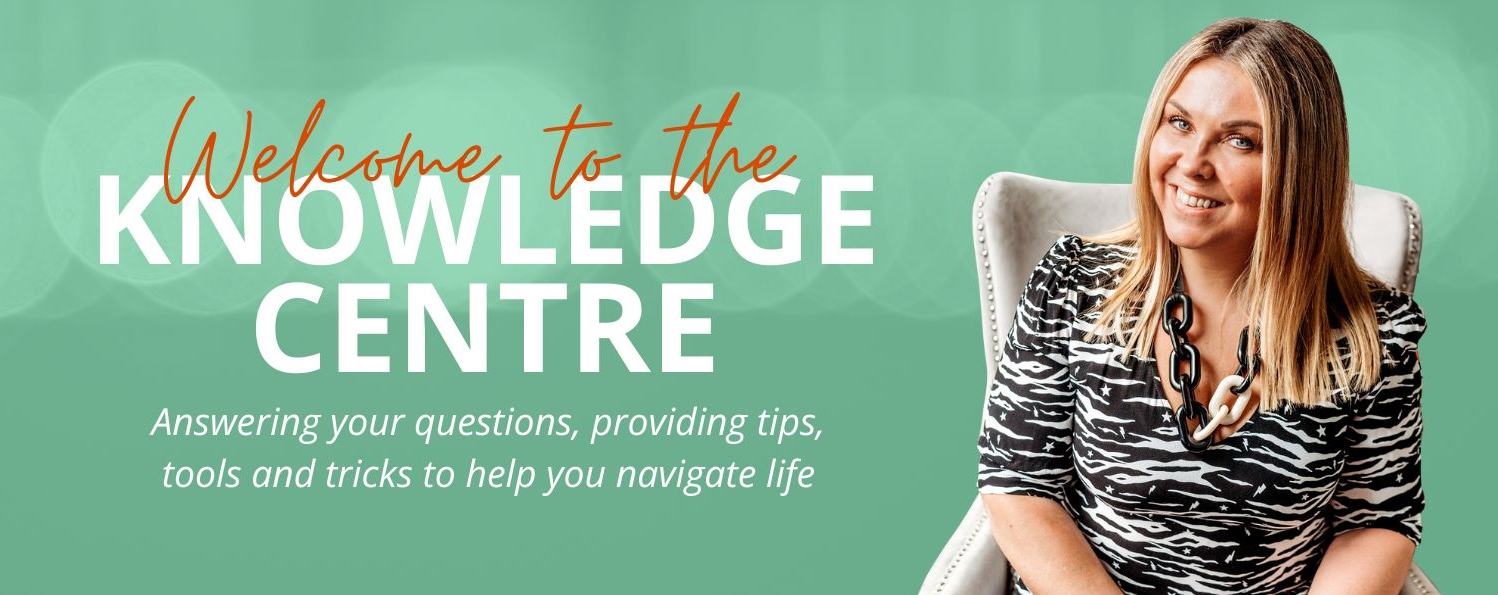
I have lost count of the number of clients who have come to me believing their relationship on the brink and that unless their husband or wife changes, it can’t work. If there is one thing I have come to understand whilst working through this challenge it is this; It is rarely the other party that needs to change.
I consider myself blessed to be with an amazing, kind and supportive man and I am proud that we have been married for ten years. It hasn’t always been blissful and for a long time, I didn’t appreciate what I had. My former marriage, however, was a complete disaster and I behaved like a doormat throughout. It taught me a lot. It has taken a lot of long hard looking in the mirror on my part to build a marriage that is based on connection, understanding and true equal partnership and as we prepare to escape on one of our regular ‘child-free’ weekends away, I find myself reflecting on what I had to change in order to build our relationship to the strongest point it’s ever been.
If you take away nothing else know this; If you are saying ‘he/she doesn’t love me enough’, you really mean ‘I don’t love me enough.’ The change must come from you.
Here are the five things I believe contribute to a wonderful relationship.
Your partner will not love you the way you love them and that’s ok
Have you ever felt let down because your partner hasn’t done something the way you would? Hasn’t made a huge fuss about the anniversary of the day you first met. Maybe they don’t seem as overjoyed as you are by the fact you have been asked to speak in front of your colleagues at work they just want to go to sleep when you decide it’s a great time to talk about holiday planning. We each have a different map of the world, a different filter that gives the same thing a different meaning for each of us. How your partner loves you is not how you love them, but it doesn’t mean they love you any more or less; they simply love you differently. Removing your own expectations and valuing your partner’s way of showing love and affection is important.
Your partner is not a mind-reader
If only your partner had a super-power to read your mind, wouldn’t life be so much easier? The truth is, there is no such super-power and they can’t. But still, you expect them to be able to. You use responses such as ‘I’m fine’ whilst silently screaming ‘when are you going to realise, I’m not fine!’ Your partner knows you are not fine, this is why they are asking how you are but you are not giving them the chance to help you. The key to moving through situations are getting support from your loved one is to communicate how you feel explicitly and stop relying on your partner reading between the very blurred lines.
You are not a doormat and nor is your partner
Your partner will show you the utmost respect if you have the utmost respect for yourself. Similarly, if you show your partner love and respect then they will respond appropriately. A partnership is about equality, love and support. You are there to build each other up, not tear each other down and there isn’t a hierarchy. If you succumb to be a doormat, it is easy to treat you like one. Equally, if you treat your partner like a doormat, they will become less and less attractive to you over time and their ability to reflect your behaviour back at you will erode your worth. Don’t allow yourself to be mistreated and don’t feel it’s ok to mistreat your partner, through words, actions or behaviours. When you approach the relationship with genuine respect, it will be reciprocated.
Connection is key
So many clients I work with have lost sight of intimacy. This doesn’t have to mean sex. It’s more simply and devastatingly, a loss of connection. I ask clients how they spend time with their partners and it’s often ‘busy time’ with the kids or family or it’s what I call ‘alone whilst in the same room’ time which being means being together but engrossed on cell phones. The key to getting intimacy back on track is a connection. Book a date with each other at home once a week. Dress nicely, cook dinner together, eat at the table and talk. Talk about what you want to achieve together and ban chatter about work, kids, bills etc. Focus on the small things like giving each other 6 second hugs, send text messages when you are apart and showing a genuine interest when you ask how your partner’s day has gone. Listen as much as you speak.
Appreciate everything
I hear clients say they don’t feel appreciated all the time. It’s often the main reason they provide for not feeling loved and not wanting to have intimacy with a partner. Interestingly, this is true for both men and women. My view of this is similar to that of respect; You get what you give. If you feel a lack of appreciation the first question to ask yourself is how often do you show appreciation the other way? When was the last time you stopped and said thank you to your partner for the things they do/provide/say? It’s an interesting reflection point and one of the easiest quick wins in a relationship.
Here’s a little exercise for you to assess your relationship, open up your thinking and build awareness..
1. Write down ten things you love about your partner –
• use this list to reignite the feelings you have
2. Write down ten things that frustrate you about the relationship –
• look down the list and assess how many of those things are worth getting frustrated about in the grand scheme of everything you have to cope with
3. Write down the ten things your partner has done for you in last month
• This is a reminder of all of the things he/she does for you and analyse the list to see what is transactional such as ironing and how many are ‘extra’. If there is nothing on the list, part 4 is important.
4. Write down the ten things you have done for your partner in the last month
• Assess how many of these things are transactional (cleaning for example) and how many are thoughtful extras.
5. Write down ten things your partner has said to you (good or bad)
6. Write down ten things you have said to your partner (good or bad)
• Analyse the things you both say and see how many are respectful/thoughtful vs the opposite. Recognise where you are overstepping the mark and review what you are giving and taking.
This work helps you understand both sides of the relationship and knowing this you can commit to two or three commitments you can experiment with to bring about change. You might commit to showing appreciation over the next month and notice how this changes the dynamic of the relationship
The only person you can change is you and to make a change you have to make a change. So, if you are not happy with your relationship, try something new.

